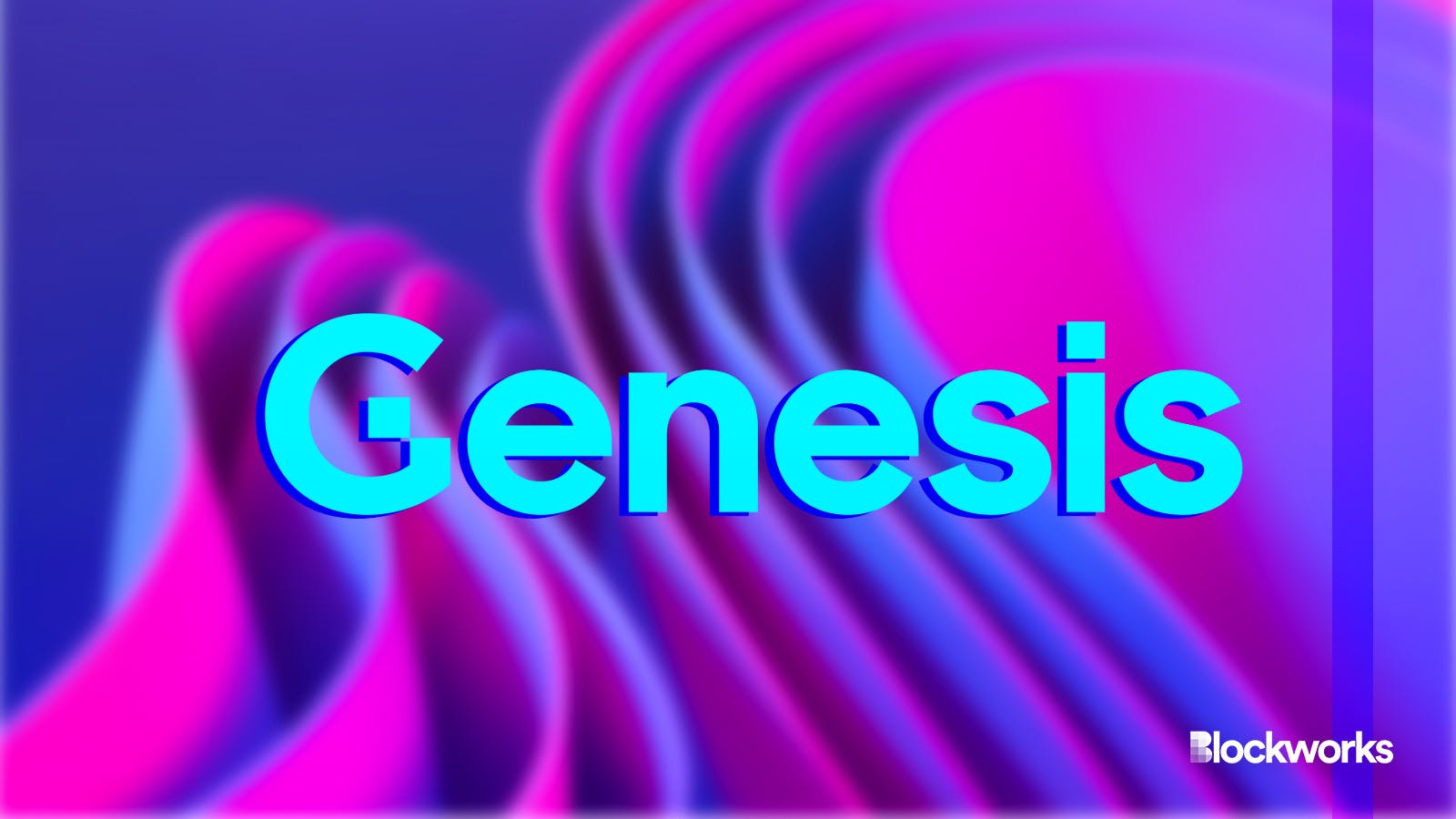DCG can’t change Genesis ownership during bankruptcy, orders judge
Genesis said that the carryforwards could “translate into future tax savings”

Neeqolah/Shutterstock and Adobe modified by Blockworks
Digital Currency Group (DCG) can’t make any ownership changes with Genesis until the former exits bankruptcy, a judge ruled Monday.
The ruling leaves Genesis protected under DCG’s tax consolidated group, giving certain benefits to the bankrupt institutional-focused crypto lender.
Those benefits are in effect until the “occurrence of the effective date of a Chapter 11 plan” or the bankruptcy is converted to a Chapter 7 case, which would mean liquidating the business.
Genesis filed the motion back in late November, arguing that DCG’s stake in Genesis must stay above 80% to “to protect the potential value of [its holding company’s] interest in the federal net operating loss [NOL] carryforwards of the DCG Group.”
Read more: Genesis, DCG reach chapter 11 deal, eyeing creditor recovery rates of up to 90%
Net operating loss carryforwards are a tax benefit, allowing Genesis — or any eligible company — to deduct losses from future profits.
Genesis is “estimated to have generated in excess of $700 million of NOLs in the course of [its] business,” which it could lose under ownership changes. The carryforwards, Genesis said, are “directly attributable to the failure by the digital asset hedge fund Three Arrows Capital” to repay loans given by Genesis Asia Pacific.
Genesis added that keeping the NOLs is “valuable” since the company could “could translate into future tax savings that would enhance the Debtors’ cash position for the benefit of all parties in interest and contribute to a successful reorganization.”
The company filed for bankruptcy in January after it suspended customer withdrawals following the collapse of FTX.
Since then, Genesis has engaged in multiple disputes with Gemini over the exchange’s Earn program, on which the two companies partnered to offer yield on customer deposits.
The Earn program was suspended last November amid Genesis’ financial strife. Gemini previously said that it’s seeking to recover roughly $1.1 billion belonging to 230,000 Earn customers through its legal actions.
Gemini filed a complaint seeking 62 million shares of the Grayscale Bitcoin Trust (GBTC). Genesis, on the other hand, filed a complaint in November attempting to recover $689 million from Gemini in a suit.
DCG, Genesis and Gemini are also part of a lawsuit filed by New York Attorney General Letitia James. The three, alongside DCG CEO Barry Silbert, operated a “fraudulent scheme” with the Earn product, the NY AG argued. DCG helped “coordinate” with the companies to execute the scheme.
“The Genesis Entities, [Michael] Moro, DCG, and [Barry] Silbert disguised $1.1 billion in losses through a months-long campaign of misstatements, omissions, and concealment,” the complaint said.
Updated Dec. 19, 2023 at 3:48 pm ET: Updated headline.
Get the news in your inbox. Explore Blockworks newsletters:
- The Breakdown: Decoding crypto and the markets. Daily.
- 0xResearch: Alpha in your inbox. Think like an analyst.






